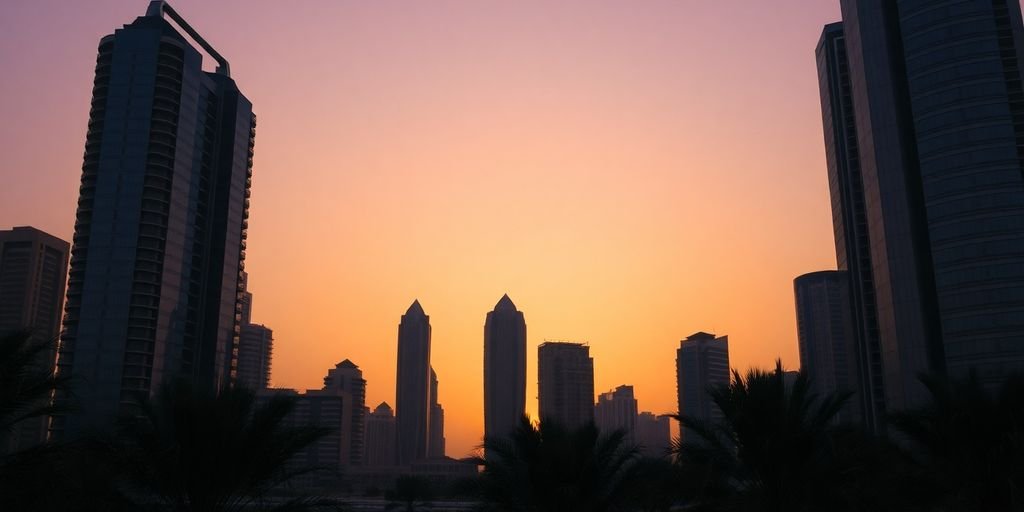The United Arab Emirates’ non-oil private sector experienced a slowdown in growth during March, as indicated by the latest Purchasing Managers’ Index (PMI) survey. This moderation suggests a softening in demand momentum within the Gulf region’s most diversified economy, with new order growth decelerating for the third consecutive month.
UAE Non-Oil Sector Growth Moderates in March
Growth in the UAE’s non-oil private sector moderated in March, with the S&P Global Purchasing Managers’ Index (PMI) slipping to 54.0 from 55.0 in February. This marks the slowest pace of growth since September, highlighting a softening in demand momentum.
Key Takeaways
- New order growth slowed for the third consecutive month, reaching its weakest reading since October.
- Despite the slowdown, businesses increased input purchases at the fastest rate since July 2019 to clear backlogs.
- Employment growth hit a nearly three-year low due to difficulties in finding suitable candidates.
- Input prices saw a moderate rise, influenced by higher material costs and lower transport prices.
- Dubai’s non-oil private sector also experienced a slowdown, with its PMI falling to a five-month low of 53.2.
Challenges and Optimism
David Owen, senior economist at S&P Global Market Intelligence, noted that "Some firms could be encountering challenges in meeting their sales targets." This sentiment is reflected in the decelerating new order growth. Despite these challenges, UAE firms maintain optimism regarding future growth, buoyed by strong project pipelines and ongoing national infrastructure development initiatives.
Dubai’s Performance
Dubai’s non-oil private sector mirrored the national trend, with its headline PMI dropping to a five-month low of 53.2 in March from 54.3 in February. While new orders increased sharply, the rate of growth was slower, leading to a rare reduction in employment within the emirate’s private sector.
